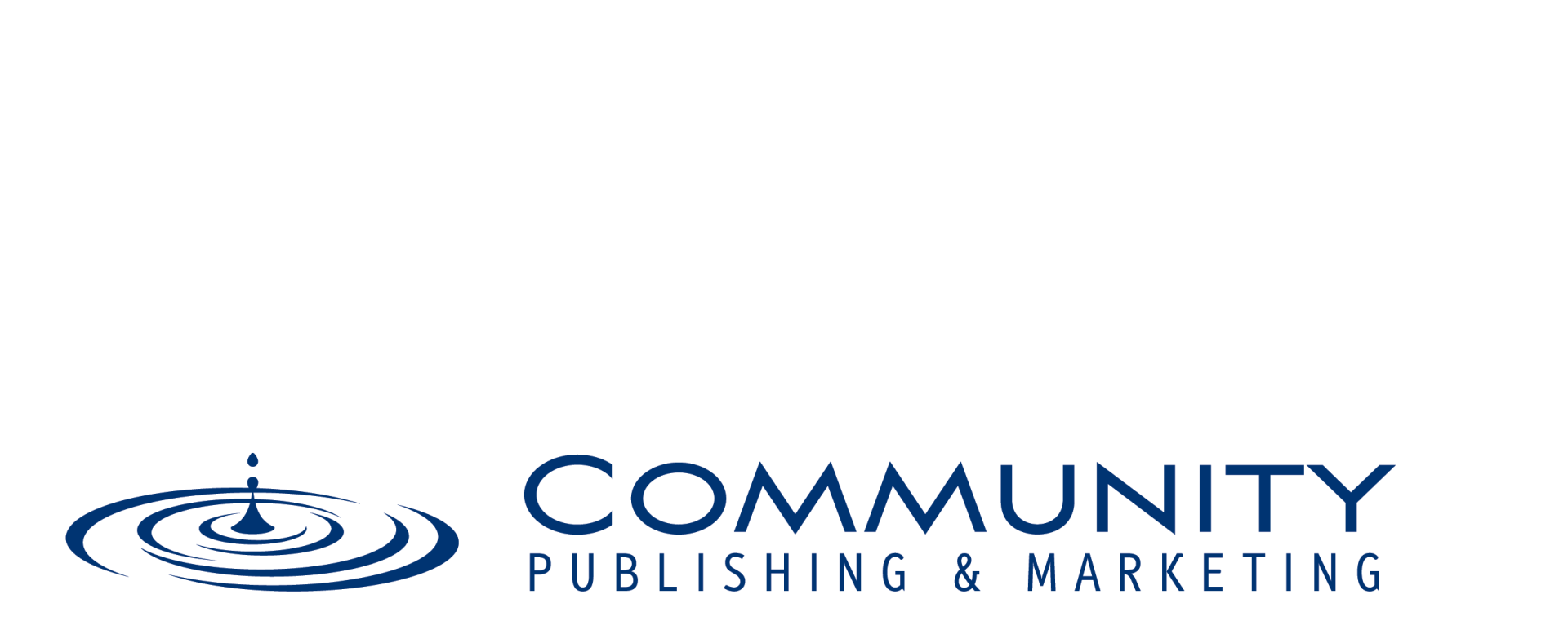Contact Us Today! 734-247-8000
Contact Us Today! 734-247-8000
Email:
info@communitypublishing.com | Address:
26955 Northline Road, Taylor, Michigan 48180
Contact Us Today! 734-247-8000

This Money Will Be Well Spent
Published in 2024 Taylor Today Fifth Issue
$5M state grant will focus on elimination of lead service water lines in City

State Senator Erika Geiss (D-1st District) recently announced a $5M community infrastructure grant for the City of Taylor. Sen. Geiss awarded the grant during a meeting of the City Council.
Taylor plans to use the grant for its new Residential Cross-Connection and Lead Line Service Program, which started earlier this year. Recent revisions to the State of Michigan’s Lead and Copper Rule have required that water supply systems in the state replace all lead water service lines by the year 2028. This rule also requires water systems to develop an updated Complete Distribution System Materials Inventory (CDSMI) of all water service lines in the system by October 16, 2024.
“We have made replacing lead water lines and fittings a priority in our community,” Mayor Tim Woolley said. “This is a very important grant and a tremendous service to our community. We can’t thank Erika enough.”
“During my time in Lansing, I’ve always tried to bring home returns on our tax investments,” Sen. Geiss said. “This grant will go toward tangible change for the better – we need to remove these types of lead lines. We know what types of harm they can do. It’s critical.”
The funds begin this month (October 2024).
Lead service lines are pipes made of lead that connect water mains to homes and other properties. They were commonly installed from the later 1800s to the 1940s. They are a public health hazard because there is no safe level of lead exposure. Lead is toxic and exposure can cause developmental issues in children and other problems in adults. In 1986, Congress passed an amendment to the Safe Water Drinking Act that prohibited the installation of new lead service lines.
While Congressional action may have banned lead service lines in the mid-1980s, many remaining pipe networks in older cities and homes predate the policy; the EPA estimates there are still 6 to 10 million lead service lines across the country.
The City of Taylor has been working out in front of surrounding communities on this issue, according to Department of Public Works Director Ralph Richard. We are currently using all historical data such as water service repair orders, building plans and inspection reports as well as excavation of service lines to assist in creating its CDSMI.
Residents were mailed, and are required to fill out, the City’s Residential Cross-Connection and Lead Line Questionnaire, which will assist the City with the internal portion of the inspection required by the state. (The questionnaire is available on the City’s website through the QR code located on the 'view in publication' link.)
As part of the questionnaire residents can self-report the type of service coming into their home, or schedule an appointment for a Water Department employee to assist them with the inspection.
Finding and testing your water service line (see the graphic) is as easy as “1-2-3.” The line is typically located in your basement, coming out of the floor or wall. Test the line by scratching it with a penny near its base:
1. If the scraped area turns shiny and silver, a magnet will not stick to the pipe and/or you hear a dull noise when you tap it, you likely have a lead service line.
2. If the scratch test reveals a dull grey color, a magnet sticks to the pipe and/or it makes a metallic ringing noise when tapped on, it is likely a galvanized pipe.
3. Lastly, if the scratch test reveals a copper color, a magnet will not stick to the pipe and/or it makes a metallic ringing noise when tapped, it is likely a copper service line.
Once the DPW knows the results of the test, removal of any portion of the lead line will be done at no cost to the resident.
The City was already taking an aggressive approach to the removal of lead lines previous to the new guidelines, so the $5M grant will further quicken the process. With the State’s Lead to Copper rule now mandating completion by 2038, the City’s approach will far exceed that expectation according to DPW Director Richard.
If you have questions, please call the general City of Taylor telephone number (734) 287-6550 and click on the first option, which enables you to connect directly with the DPW/Water Department
ADDITIONAL LOCAL TAYLOR ARTICLES
-
Santa's Magic Playground Returns After Finding a New Home at Kudos!
Button -
Home for the Holidays
Button -
Two Straight JLWS USA Titles for Taylor North
Button -
Real-life Heroes
Button -
This Money Will Be Well Spent
Button -
Taylor School Foundation
Button -
SWCRC's Women of Achievement
Button -
Total Community Credit Union
Button -
Transparent and Customized Service
Button -
Mental Health Agency Breaks Ground on Massive Behavioral Health Campus
Button -
'Service to My Clients is Important to Me'
Button -
'Something Had to be Done'
Button -
Self Care Isn't Selfish
Button -
Festival of Trees 40th Anniversary
Button -
Joe's Success Story: How Determination and Strategy Helped Him Win His New Home
Button
BROWSE OUR WEBSITE
CONTACT INFORMATION
Address: 26955 Northline Road
Taylor, Michigan 48180
Email: info@communitypublishing.com
Phone: 734-247-8000
Fax: 734-941-9129
Content, including images, displayed on this website is protected by copyright laws. Downloading, republication, retransmission or reproduction of content on this website is strictly prohibited. Terms of Use
| Privacy Policy














